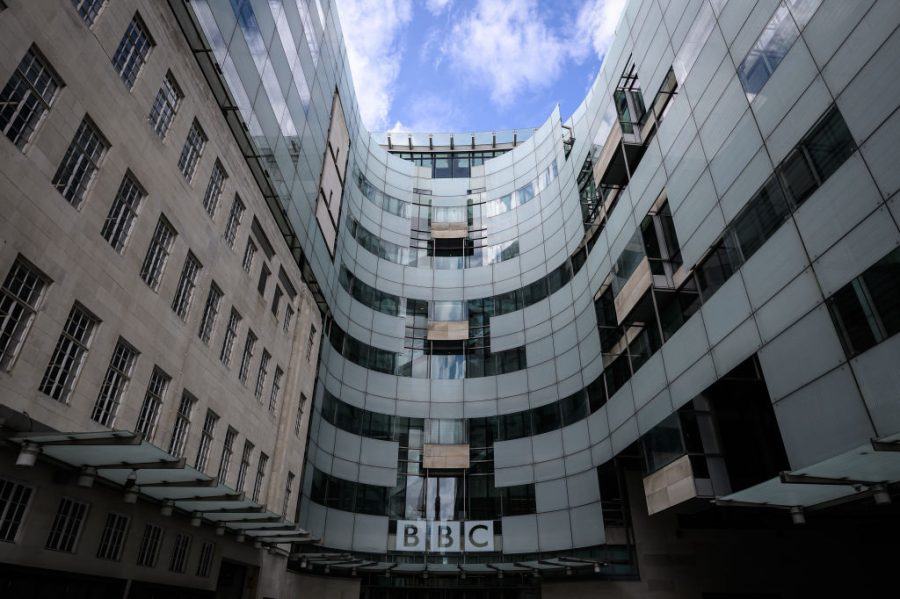The BBC licence fee is dying as millions of Britons realise that they do not need a television; they can get all the entertainment and news they want on the internet. But don’t assume that it will go quietly. On the contrary, we could end up with something even worse. Bloomberg is reporting today that the government is considering extending the requirement to buy a TV licence to people who use streaming services. In other words, download a film from Netflix and you would have to pay the BBC.
Lisa Nandy, the culture secretary, apparently denies that the idea is under ‘active consideration’, along with the idea of funding the BBC through general taxation, but her department has also said that the BBC’s charter review, soon to be published, will include a range of options. That sounds like plausible deniability: we are not considering extending the licence fee at the present time, but we may well do once the charter is published.
Any attempt to pursue non-licence fee-payers for streaming films on Netflix is bound to generate a lot of anger
There is a large lobby – not restricted to the BBC itself – which seems to think that the licence fee is the epitome of civilisation and that the world would fall in were it to be abolished. It includes a number of Conservative MPs. Former Chairman Richard Sharp, a Tory donor with a background as a banker with Goldman Sachs, has been one of its biggest cheerleaders, even wanting to jack up the fee for wealthier households.
But could a commitment to keep and extend the licence fee end up as a huge vote-loser for Labour? Over the past few years, half a million households have stopped paying the licence fee. These are not so much middle-aged people like me – much as I bleat about the licence fee I meekly carry on paying it out of habit. I can’t quite get away from the idea that I need a television in the corner of the living room, even though I now hardly ever watch it, preferring my laptop. The TV licence refuseniks are concentrated in younger age groups, especially those who are living in rented accommodation for whom a property-based tax feels especially iniquitous. The realisation that the TV licence was dying came to me when the tenant of my London flat – a post-graduate student – asked for the TV to be removed.
This is also the demographic most likely to vote Labour. Any attempt to pursue non-licence fee-payers for streaming films on Netflix would be bound to generate a lot of anger. Moreover, what would be the justification for such a move? The case for the TV licence fee revolves around the conceit that the BBC offers something that commercial stations do not. I still remember the days, back in the 1970s, when many conservative-minded households would refuse to watch ITV on the grounds that it was ghastly and money-grubbing; while the BBC represented high culture.
Such a view is laughably out of date. Look at BBC schedules and they are dominated by entertainment shows which are pretty indistinguishable from commercial channels. The BBC has traditionally commissioned another David Attenborough series every time its charter comes up for renewal, to try to underline its point. While the broadcaster still does a good job on such shows – at least when not preaching about climate change – you can find educational content more easily on YouTube. Moreover, the success of BBC wildlife programmes as a global product undermines the case for the licence fee. Clearly, good material can stand on its own two commercial feet – it doesn’t have to be funded through a hypothecated tax.
The government can listen to the TV licence fee defenders if it likes, but it shouldn’t expect voters, especially youthful ones, to thank it if it decides to extend its life by forcing us to pay even if we don’t own a television.








Comments